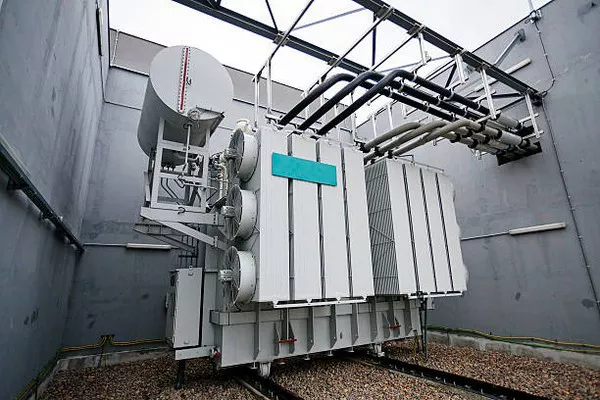When it comes to selecting a generator, one of the most critical factors to consider is its size. Choosing the appropriate size generator ensures that you have enough power to meet your needs during outages or off-grid situations. However, determining the right size generator can be a daunting task, as it depends on various factors such as the intended usage, power requirements, and budget constraints. In this guide, we will explore the key considerations for selecting the right size generator and provide practical advice to help you make an informed decision.
Understanding Power Requirements
Before delving into the specifics of generator sizing, it is essential to understand your power requirements. Start by conducting an inventory of the appliances and devices you plan to power with the generator. Make a list of each item along with its wattage rating. This information will serve as the foundation for calculating the total power load that your generator needs to support.
Assessing Wattage Needs
Once you have compiled a list of appliances and their corresponding wattages, it’s time to assess your wattage needs. Identify the essential items that you must power during an outage, such as lights, refrigerators, and communication devices. Next, add up the wattage of these essential items to determine your minimum power requirement.
Calculating Surge Power
In addition to the continuous power load, it’s crucial to account for surge power when sizing a generator. Surge power refers to the temporary increase in power demand that occurs when starting certain appliances, such as refrigerators, air conditioners, and pumps. To calculate surge power, multiply the starting wattage of each appliance by a factor of 1.5 to 3, depending on the type of motor. Add the surge power requirements to your total power load to ensure that the generator can handle peak demand without overloading.
Choosing the Right Generator Size
Armed with your power requirements, you can now select the appropriate size generator. Generators are typically rated in kilowatts (kW), with higher kW ratings indicating greater power output. Consider the following factors when choosing the right generator size:
1. Consider the Type of Generator
Generators come in various types, including portable generators, standby generators, and inverter generators. Portable generators are suitable for temporary use and offer flexibility in terms of placement. Standby generators are permanently installed and provide seamless backup power during outages. Inverter generators are known for their quiet operation and clean power output, making them ideal for sensitive electronic devices.
2. Evaluate Fuel Options
Generators are powered by different fuel sources, such as gasoline, diesel, propane, and natural gas. Consider the availability and cost of fuel in your area when selecting a generator. Gasoline-powered generators are widely available and offer affordability, but they require regular refueling and may not be suitable for long-term use. Diesel generators are known for their fuel efficiency and durability, making them suitable for extended operation. Propane and natural gas generators offer cleaner emissions and can be connected to existing fuel lines for uninterrupted operation.
3. Assess Portability Needs
If mobility is a priority, opt for a portable generator that can be easily transported to different locations. Portable generators are available in a range of sizes, from compact models suitable for camping trips to larger units capable of powering homes or job sites. Consider the weight and dimensions of the generator, as well as any additional features such as wheels and handles for ease of transport.
4. Consult Manufacturer Recommendations
Manufacturers typically provide guidelines for selecting the right size generator based on specific models and applications. Consult the manufacturer’s specifications and recommendations to ensure that the generator meets your power requirements and operational needs. Pay attention to details such as rated power output, surge capacity, and runtime on a full tank of fuel.
See Also What Is The Most Quiet Portable Generator
Conclusion
Choosing the right size generator is essential for ensuring reliable backup power during outages or off-grid situations. By understanding your power requirements, assessing surge power needs, and considering factors such as generator type, fuel options, portability, and manufacturer recommendations, you can confidently select a generator that meets your needs. Remember to prioritize safety and proper installation to maximize the performance and longevity of your generator investment. With the right size generator in place, you can enjoy peace of mind knowing that you’re prepared for any power outage or emergency situation.

